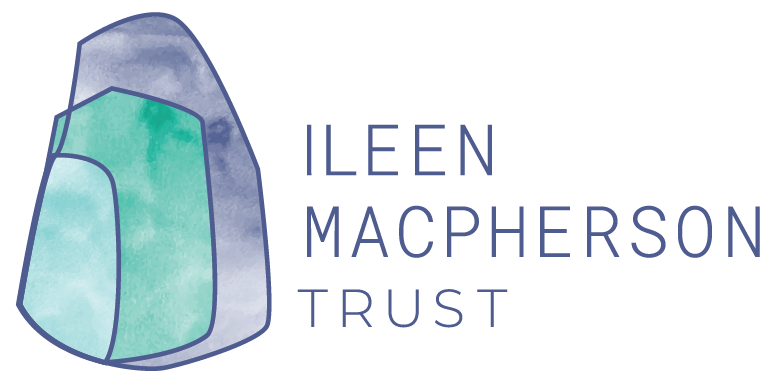Anthroposophy is a spiritual philosophy, developed by Rudolf Steiner (1861-1925) that speaks to the basic deep spiritual questions of humanity. It has links to European idealistic philosophy, rooted in the philosophies of Aristotle, Plato, and Thomas Aquinas. Anthroposophy is an impulse to nurture the life of the soul in the individual and in human society, in practice meaning among other things to nurture respect for and interest in others on a purely human basis, independent of their origin and views.
Many people today are searching to understand more deeply both what it is to be human and their relationship to the world around them. As humans we seek for meaning in our relationships with others and in the life and work we share with them. To many, the world of the spirit is a reality, although its landscape and dimensions may not yet be so clear.
Rudolf Steiner was a spiritual researcher who was able to give insight into the nature of the human being and the world in which we live and to place it in the context of the past and future evolution of the world.
Anthroposophy provides a methodology which can lead us towards a new relationship to our inner life as well as to technology, the world of nature and the environment and our fellow human beings. Thus it meets the deep human yearning for understanding and connection and is a path that leads towards freedom and love.
Anthroposophy has opened the door to new approaches in a wide range of different spheres of life and work. The fields of education, curative education, agriculture, healing, the sciences, economic endeavours, the arts, the social life and psychology have all received fresh impulses from people working out of anthroposophy. Today, in almost every country around the world, initiatives based on the insights arising from anthroposophy are to be found.
“Our highest endeavour must be to develop free human beings who are able of themselves to impart purpose and direction to their lives.”
Rudolf Steiner
